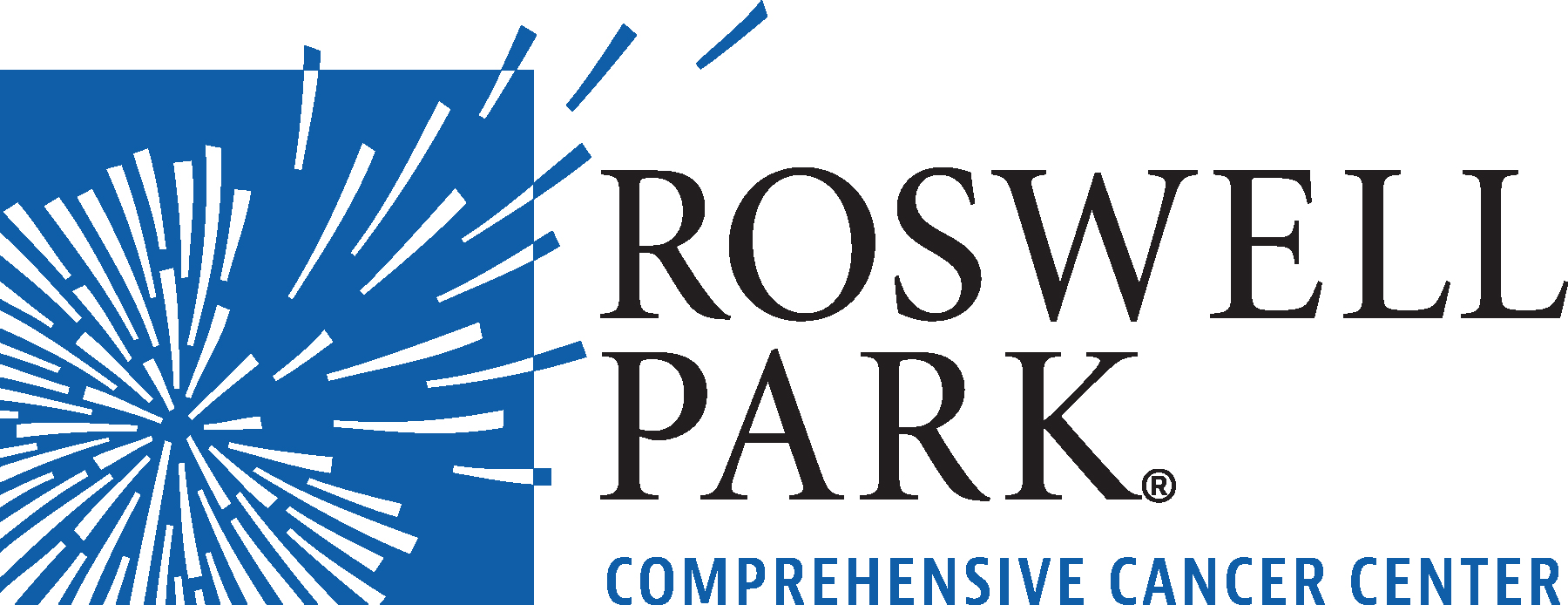Newswise — BUFFALO, N.Y. — Roswell Park Cancer Institute (RPCI) researchers, together with input from African-American community leaders in Buffalo, have created an outreach effort that provides racial/ethnic minority and medically underserved communities with educational programs regarding the public’s participation in biomedical research. The program is the basis of a recent study published by a team of local collaborators.
Underserved populations are less likely to participate in research efforts, according to previous research. The goal of this recent study was twofold: first, to create a collaborative, transparent relationship between academics and the Western New York (WNY) community; and second, to produce practical and user-friendly educational tools for introducing biomedical innovation to diverse members of the community and measure the impact of these tools. This includes greater participation in the RPCI Data Bank and BioRepository (DBBR), a large database of information and a repository of biological samples, such as blood, that are used as a scientific resource for research.
“The program supported learning among both community and RPCI participants who are striving to better serve the needs of diverse communities for improved health and greater understanding of the value of biomedical research,” says Deborah Erwin, PhD, senior author of the paper and Director of the Office of Cancer Health Disparities Research at RPCI. “Crucial feedback from our Community Advisory Board helped shape the vision of our program to ensure we meet the needs of the community.”
Cancer survivor and President of the First Ladies of WNY Narseary Harris, who is a co-author of the study, and other members of the RPCI Community Advisory Board assisted with recruiting participants for the study, reviewing and commenting on the manuscript, providing specific text and contributing to the presentation as part of the tools used by Roswell Park to tailor the program.
“It was important that the tools directly address concerns about medical mistrust, examples of historical research exploitation, current policies and protections for research participants, and the importance of biospecimens for future generations,” says Harris, who also is an advocate for and strong supporter of cancer education outreach in Buffalo-area communities of low socioeconomic status.
Initial RPCI pilot studies that informed the educational program were led by Elisa Rodriguez, PhD, Director of Community Engagement Resource in the Office of Cancer Health Disparities Research and the Center for Personalized Medicine at RPCI. These studies showed that healthy racial/ethnic minority community members had little to no knowledge about biospecimen donation, that potential participants who received appropriate information were more likely to donate blood to the DBBR, and community members were more likely to participate if they could donate from community locations rather than going to the cancer center.
“Members of the Roswell Park Community Advisory Board provided feedback on the methods used to create the educational tools and ongoing critiques as the products moved from draft to final form. Their ideas provided credibility to our tools, making them more responsive to the information needs of our local community, helping to ensure a successful outreach program,” says Dr. Rodriguez.
Dr. Rodriguez and colleagues took the feedback from the Community Advisory Board and created an educational program that was offered in both English and Spanish at 11 community events to more than 190 participants over seven months. The mobile DBBR laboratory was present at these events to increase minority participation in the biomedical research program. Scientists report that in 2013, as a result of these efforts, ethnic participation in the DBBR increased by 97%.
“We believe this program can serve as a model for introducing innovative biomedical technologies to diverse populations. Engagement fosters trustworthiness between high-risk communities and academic partners, bringing to light area strengths that can help to accelerate improvements in health,” notes Dr. Rodriguez. She stresses that additional studies on the interventional application of these tools will help determine efficacy.
The study, entitled “Introducing Biospecimen Science to Communities: Tools from Two Cities,” was recently published in a special issue of the journal Progress in Community Health Partnerships and highlights the community outreach and educational program. This issue of the journal was the result of collaborations among 23 Community Network Program Centers and was funded by a community-based participatory research initiative of the National Cancer Institute’s Center to Reduce Cancer Health Disparities.
###
The mission of Roswell Park Cancer Institute (RPCI) is to understand, prevent and cure cancer. Founded in 1898, RPCI is one of the first cancer centers in the country to be named a National Cancer Institute-designated comprehensive cancer center and remains the only facility with this designation in Upstate New York. The Institute is a member of the prestigious National Comprehensive Cancer Network, an alliance of the nation’s leading cancer centers; maintains affiliate sites; and is a partner in national and international collaborative programs. For more information, visit www.roswellpark.org, call 1-877-ASK-RPCI (1-877-275-7724) or email [email protected]. Follow Roswell Park on Facebook and Twitter.
MEDIA CONTACT
Register for reporter access to contact detailsCITATIONS
Progress in Community Health Partnerships
